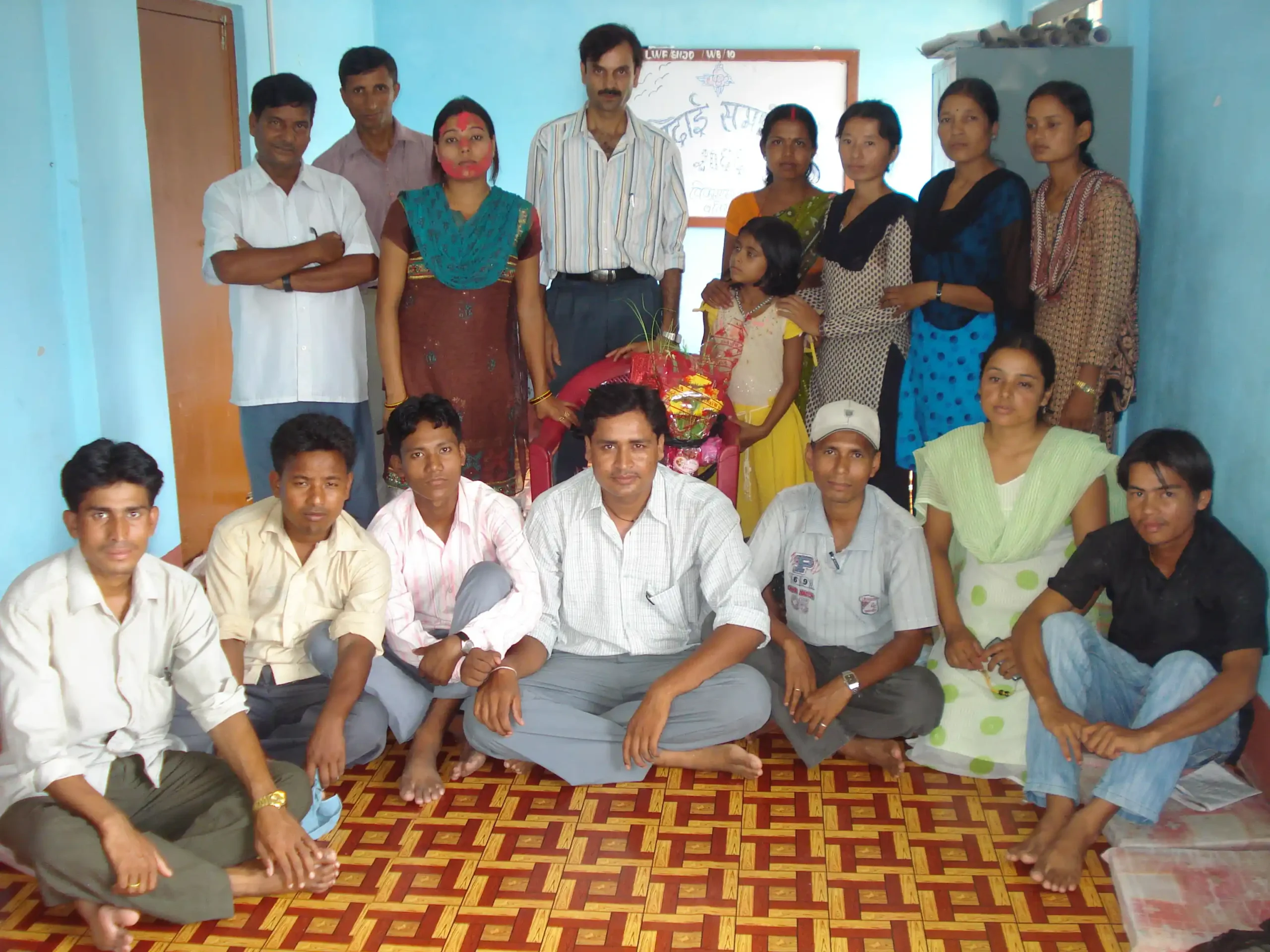Welcome To SN-JD
Growing Together for Equitable Society
SN-JD History
Social Network for Justice and Development (SN-JD) was established on October 19, 2008, as a non-profit organization with the registration at the District Administration Office and affiliation with the Social Welfare Council.
The organization was formed to address the sustainable development needs of marginalized and disadvantaged communities in various parts of Jhapa district, Nepal.
This initiative stemmed from a partnership with the Lutheran World Federation Nepal, implemented through the Women Development Organization’s Garamani Branch Office, which ran an empowerment project from 2001 to 2008 in the former districts of Kechana, Pathamari, Pathariya, Baluwadi, and Baniyani.


The project’s aim was to organize pro-poor and marganilized communities through a people-centered empowerment process, raising their awareness and dignity levels, implementing livelihood improvement activities based on plans decided by the community, and ensuring that these activities were controlled by the community itself.
This approach led to the establishment and strengthening of organizations that represented these communities. It also focused on enhancing livelihood opportunities and levels for the marginalized, fostering a sense of community ownership, and promoting sustainable development.
During this process, the need for a network became apparent to effectively advocate for the economic, social, cultural, and political rights of the impoverished, marginalized, indigenous, and minority communities.
In response, SN-JD was established as federation of five community-based institutions that were registered with the District Administration Office, including Social Development Integrated Group, Kechana, Social Development Operation Center, Pathariya, Integrated Group for Social Justice, Pathamari, Sahakarya Samaj, Baniyani, and Social Campaign, Baluwadi.
From 2009 to 2013, in partnership with the Lutheran World Federation Nepal, SN-JD continued its work in the former districts of Kechana, Pathamari, Pathariya, Baluwadi, Baniyani, as well as the Gaurishankar and Jalathal villages in the Mechi region, focusing on sustainable livelihood activities and institutional development.

